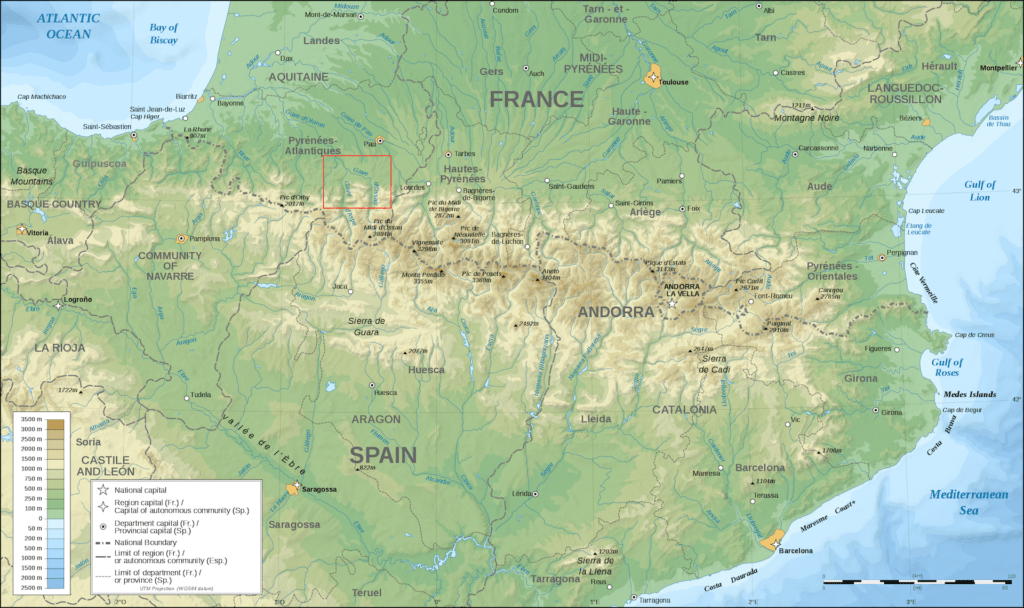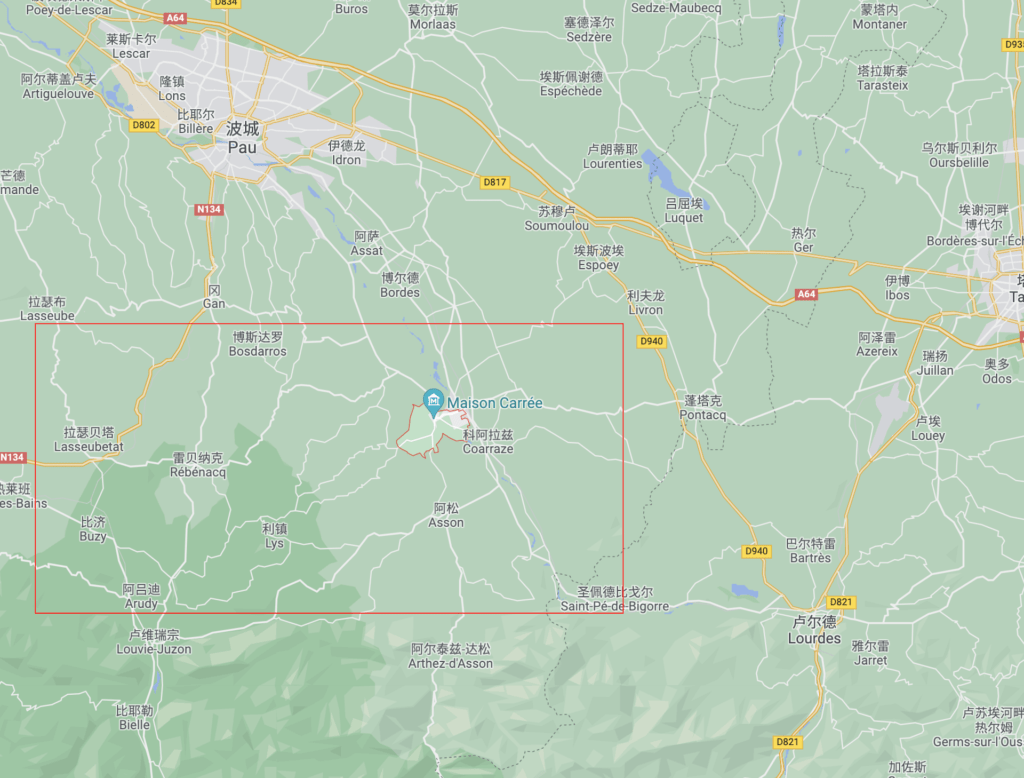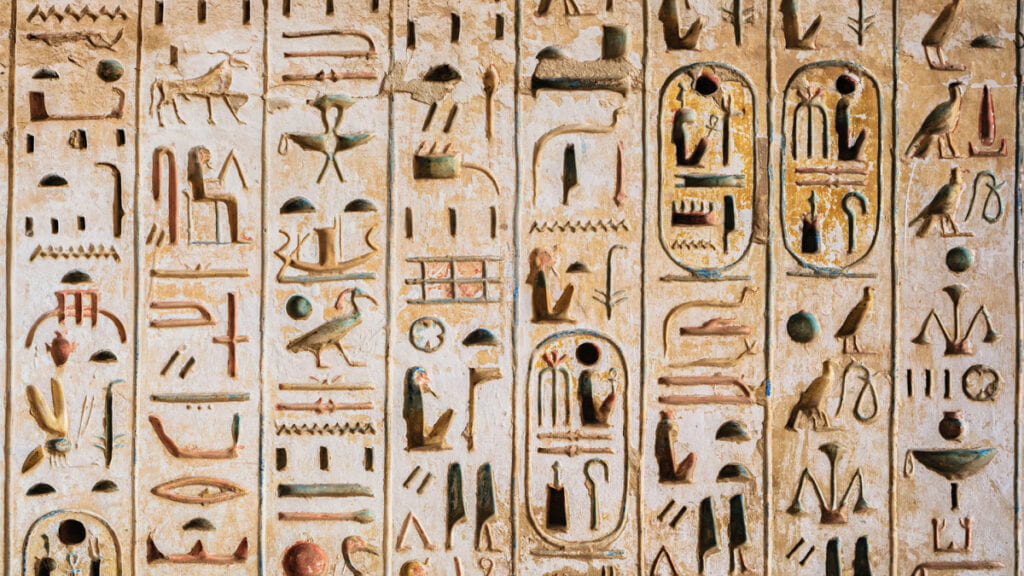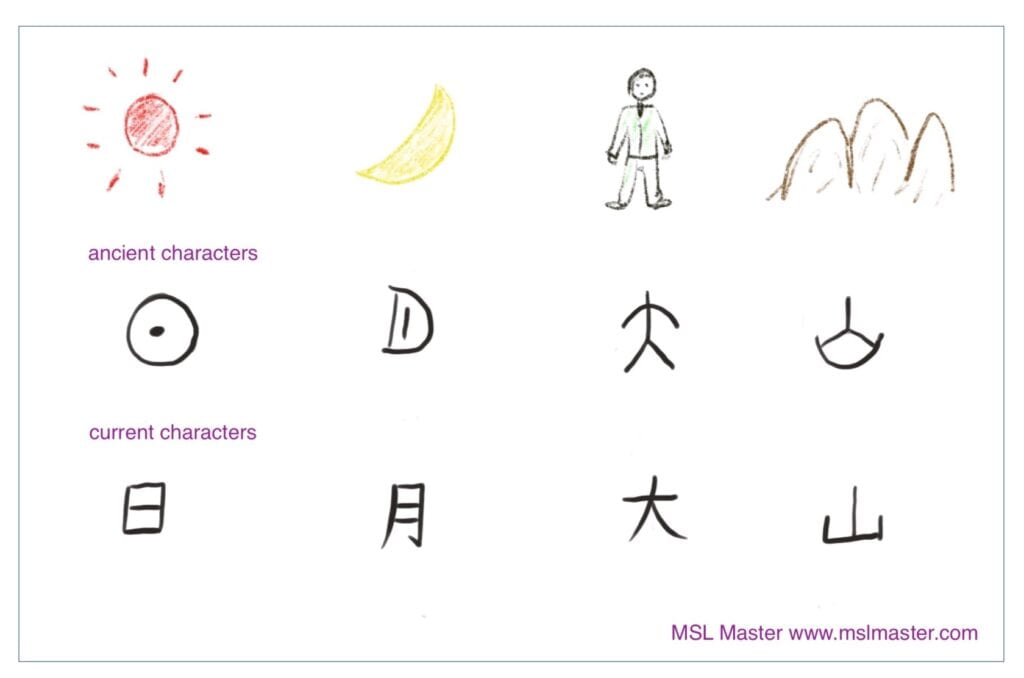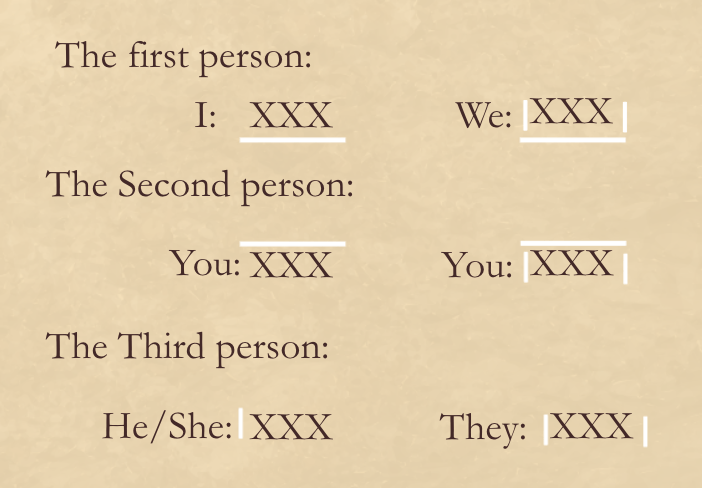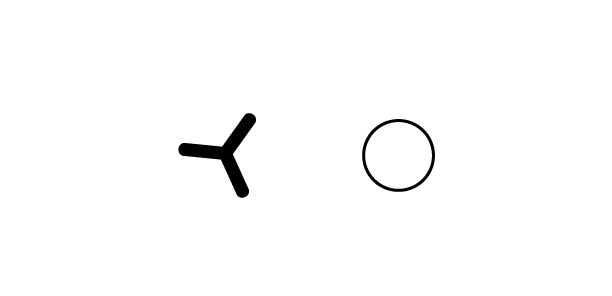Although trauma art is a relatively new concept to Chinese people, the collective memory of trauma and memory obsession is a frequent topic and an extremely politicized existence in China. For this reason, I quite agree with the author’s argument on the expression of trauma art. Even though the subject of trauma art are different (In China they are mostly collective art based on government and organizations, rather than the art run by individuals as mentioned by the author)
For example, China also mourned the massacre. The Nanjing Massacre took place during the Second World War. The Japanese fascists launched a brutal massacre in Nanjing. To this day, the survivors of the Nanjing Massacre, and the recall of that memory, are used by national politics as a tool for patriotic education and a conduit for political ideas. I visited the Nanjing Massacre Memorial a few years ago, which displays relics as well as visual art works. As I browsed, I felt sympathy for the suffering and survivors, but as I left the memorial, my feelings were transformed into an overwhelming sense of patriotism and hatred for the war, and even for Japan.

When I recall and analyze this experience, I think the author’s perception of the danger of politicizing trauma art is correct. The Nanjing Massacre Memorial Hall is not “vehicle for the interpersonal transmission of experience” (7), but a tool for politicizing patriotism education. This left the memory of the victims and survivors on the surface, which may be why, when I left the memorial, only a strong sense of patriotism survived. Bennet argued that “Affects arise in places rather than human subjects, in a way that allows us to isolate the function of affect, Focusing on its motility rather than its origins within a single subject (Bennet, 10) “. The mobility of emotion is very evident in my case. My grief for the victims was channelled into a strong patriotic feeling, an emotion detached from the human subject.
Back to my final project, I hope to satirize Chinese people’s appropriation of black culture by asking black Africans to imitate The behavior patterns of Chinese people. In my context, imitation and wearing masks are not really “trauma”. It’s more like a state of mind and a state of mind. I am still not quite sure how I will implement my final project. Through this reading, I have consciously discovered my own unconscious empathy.
